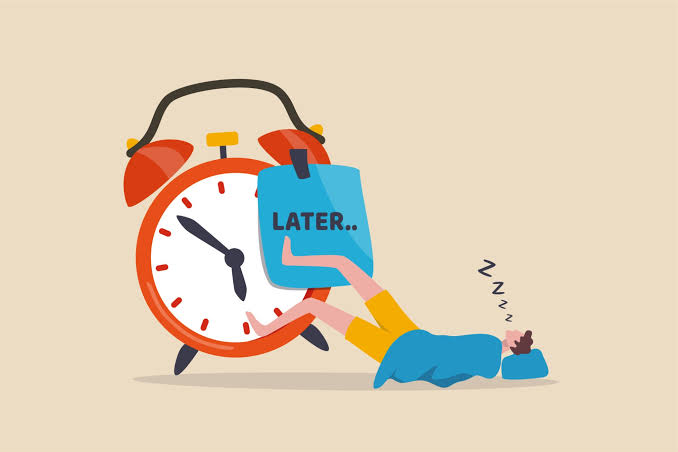#mentalhealth
#MentalHealthMatters
#MentalHealthAwareness
#Thread 🧵🧵🧵
Top Ten signs of good mental health
#MentalHealthMatters
#MentalHealthAwareness
#Thread 🧵🧵🧵
Top Ten signs of good mental health

🏆 Positive self-esteem: A person with good mental health has a positive view of themselves and their abilities.
🏆 Positive relationships: Good mental health is often characterized by positive, supportive relationships with friends, family, and colleagues.
🏆 Ability to manage stress: A mentally healthy person has the ability to manage stress and cope with life's challenges in a healthy way.
🏆 Good sleep patterns: Getting enough sleep and having healthy sleep patterns is a sign of good mental health.
🏆 Positive outlook on life: A person with good mental health generally has a positive outlook on life, even when faced with challenges.
🏆 Ability to enjoy life: A mentally healthy person is able to enjoy the good things in life and find pleasure in their daily activities.
🏆 Emotional resilience: People with good mental health have emotional resilience and can bounce back from difficult situations.
🏆 Good physical health: Mental health and physical health are interconnected, and a person with good mental health tends to have good physical health as well.
🏆 Productivity: Good mental health is often characterized by productivity and the ability to meet personal and professional goals.
🏆 Ability to ask for help: A person with good mental health is able to recognize when they need help and ask for it when necessary.
⚠️ It's important to remember that mental health is a complex issue and everyone's experience is unique. These signs of good mental health are a general guideline, but it's important to seek professional help if you are struggling with your mental health.
@threadreaderapp unroll
• • •
Missing some Tweet in this thread? You can try to
force a refresh

 Read on Twitter
Read on Twitter









